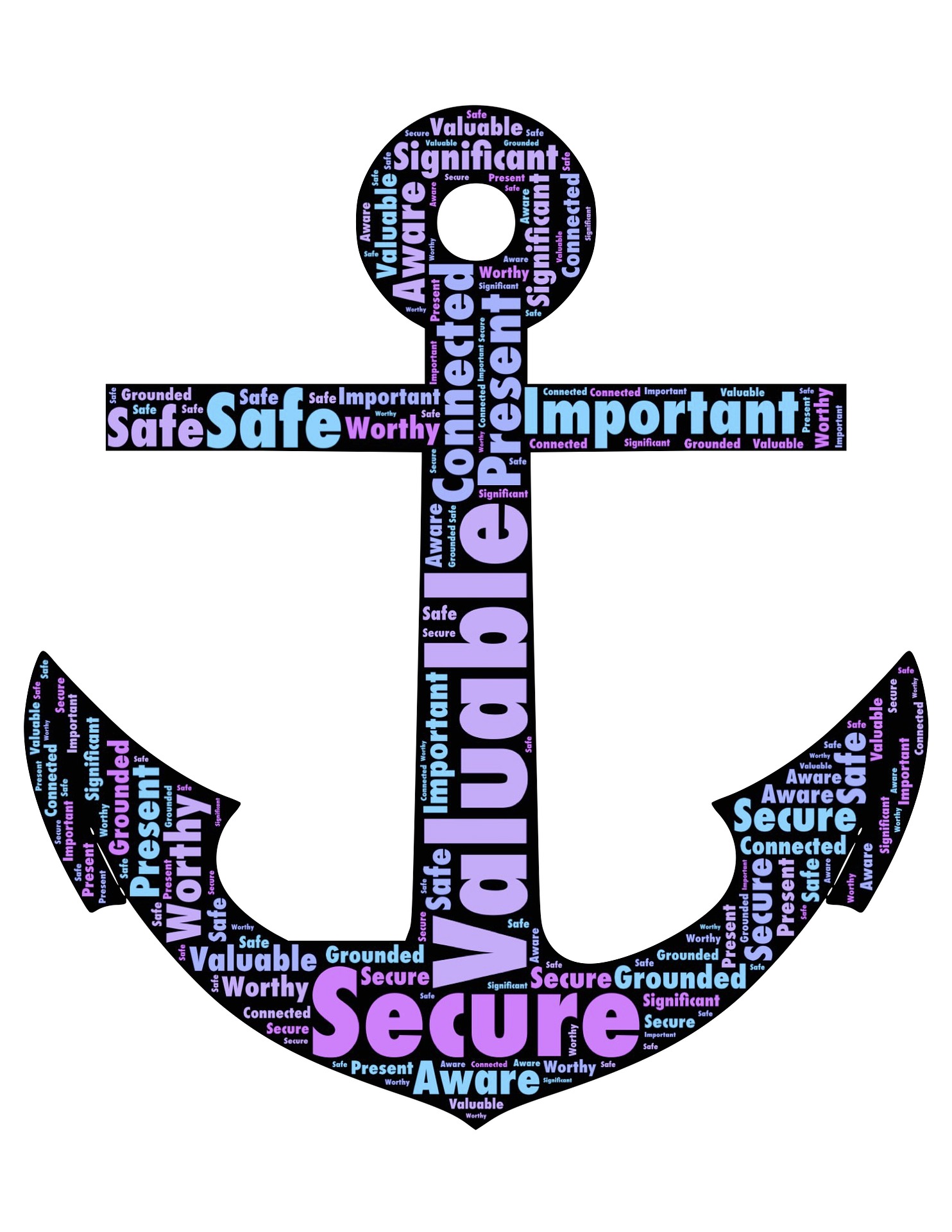If 2020 has taught us one thing, it’s that financial preparedness cannot be underrated! Yes, time and time again once we get past the cash shortfall or job loss and things start to look steady again, preparing is no longer on the forefront. What I am excited about for 2021 is a new way of approaching finances and preparedness that helps us build a rock-solid financial foundation one guided step at a time!
How to make and keep financial preparedness sexy and engaging?
The benefits of having a solid money life – stability, resiliency, and money confidence – is sexy! Even when we make efforts and see results towards building our financial strength and wellness, there is the ongoing effort required to maintain our progress. Sound daunting? It doesn’t have to be. A month-by-month guide that provides comprehensive rotating topics and action items to accomplish preparedness is the ticket!
New Year, Best Finances Ever

In 2021, make a resolution that will stick by scheduling in money dates onto your calendar NOW. 1-2 hours each month is a great start. Easy! Then follow this month to month guide, as designed by Financial Preparedness Expert Tony Steuer, to help guide your focus.
As a retired insurance agent with years of experience, not only writing policies but consulting on insurance for clients of Attorneys and Certified Financial Planners, Tony Steuer brings a wealth of experience and wisdom that he now shares with consumers as a financial preparedness advocate.
I think he’s gold, and am happy to share this nugget.

Your Month by Month Breakdown
Here are the monthly topics Tony recommends to help get your finances ready, and stay ready, to weather any storm. Tony’s FREE Get Ready Toolkit with all of the forms and detailed guidance can be found on his website at https://www.tonysteuer.com.
January
Organize your financial documents. Don’t worry, this is broken down in the Get Ready Toolkit (link above).
February
Monitor your financial dashboard. This includes your cash flow and net worth statements. Again, don’t worry if you’ve never looked at this before or know what it is. These are simply snapshots of your financial life. The guide walks you through how to do this as well.
March
Review your loans and expenses. It is a best practice to look through these types of statements monthly. However, a thorough review should be done annually to ensure any mistakes are discovered. It is also a prime time to reduce or eliminate any unwanted expenses.
April
File Federal and State income tax returns and check your withholdings. Of note, if you are a business owner, estimated tax payments should be made throughout the year. The IRS is pay-as-you-go. Penalties could be incurred for late payments even if you overpay for the year!@
May
Review your emergency plan. What emergency plan? No worries. The toolkit provides guidance on what to do.
June
Hold a family financial meeting. Review and communicate goals and priorities. Although not always the easiest topic to cover with your spouse, parents or children, you’ll thank yourself 10-fold for doing it.
July
Review beneficiaries and estate planning documents to make sure they are current. This is also a great time to get these documents in place should you not have them. The basics: a Power of Attorney, Health Care Directive (recommended for any adult 18 or older), a Living Trust and Will.
August
Review your investment accounts policies and allocations. If you do not have a Financial Planner you are working with this on a regular basis, sitting down at least once a year is ideal.
September
Review insurance policies and ensure proper coverage: health, life, Long-Term Care, disability, pet, auto, and renter’s or home owner’s insurance are the basics of a strong financial foundation. Regardless of the amount of cash you have in savings or investment accounts, one accident or incident affecting any of the areas of your life mentioned above can wipe out many years worth of asset accumulation in one fell swoop. Proper insurance is an essential building block of financial resiliency!
October
Open enrollment for group employee benefits and individual and Medicare coverage begins.
November
Order and review credit and consumer reports. It is critical to review credit reports at least annually to ensure the accuracy of the information on record. Identity and/or credit theft is a common occurrence. Catching it early and acting on it swiftly will prevent deeply rooted damage that can be difficult and time consuming to reverse.
December
Wrap up loose ends and look for unclaimed property. The end of the year wrap up might look like tax planning and strategy, taking required distribution amounts from investment accounts, and making year-end gifts.
Don’t Go It Alone
If you would like more hands-on accountability to ensure your action items get done, as well as guidance on achieving your financial wellness and goals, The Money Boss is available for ongoing Accountability & Money Coaching, both personal and business. There is no better way to shorten your learning curve and get faster results than with a coach and accountability.
Listen to my interview on The Kornelia Stephanie Show: The Millionaire Imprint for Women! Find the interview here!
Cheers to living your best life in 2021!

Michelle Boss is a Personal Finance Coach and Certified Financial Education Instructor. She is certified through the NFEC. As a Professional Money Coach, Michelle helps successful women get smart with money so they can grow their wealth and finally feel financially secure. With Michelle’s Group and One-to-one Coaching Sessions, she helps take the Fear out of Finances.

